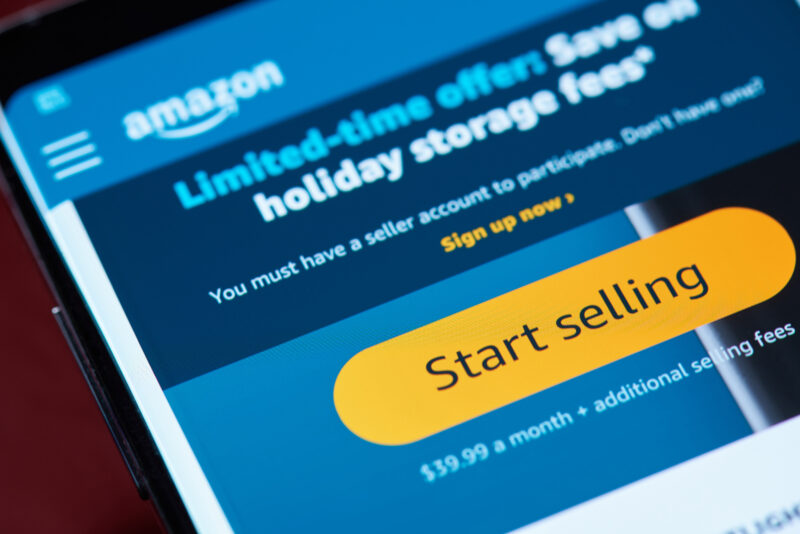An Amazon Seller is an individual or business that sells products directly to consumers on Amazon’s marketplace under a third-party (3P) relationship. Amazon third-party sellers have access to different types of fulfillment options. The fulfillment options for third-party sellers include FBA (fulfilled by Amazon), FBM (fulfilled by merchant), and SFP (seller fulfilled prime). For example, a small business that sells handmade candles could create listings on Amazon, including product descriptions, images, and pricing. They could choose Fulfillment by Amazon (FBA), and ship their candle inventory to Amazon’s warehouses. Amazon then handles packaging, shipping, and customer service when a customer places an order.
A major benefit of being an Amazon Seller is that sellers have more control over their prices, allowing them to maximize margins on this channel. As an Amazon Seller, sellers typically pay a flat rate with fees, offering more predictability for costs compared to Amazon Vendors who operate with contractual margins. Additionally, sellers gain greater access to information about the consumers purchasing their products. Sellers gain access to millions of Amazon customers worldwide, allowing them to reach a larger audience and increase sales. Amazon Sellers using FBA also don’t need to maintain their own warehouses or logistics infrastructure, reducing operational costs associated with storage and shipping.
Being an Amazon Seller means sellers are responsible for product listing pages, product details, marketing, and more. This often requires a significant amount of time and effort to ensure each listing is optimized. Managing large product catalogs can be particularly challenging. Selling exclusively on Amazon can also make sellers heavily dependent on the platform, which may lead to challenges if policies change or competition increases. This can be countered by selling on multiple channels to reduce reliance on Amazon.

Discover the key distinctions between Amazon Vendor (1P) and Amazon Seller (3P) — their benefits, disadvantages, and how their core differences indicate which users they are best suited for. Plus, you’ll learn how to be successful with either model (or in some cases, both) by applying the right...
Learn more
Find out how Amazon A+ Content plays a pivotal role in helping brands share their narrative. By streamlining the delivery of product information, styling it in a visually appealing way, and enriching a brand’s narrative and values, businesses achieve increased conversion rates, reduced returns,...
Learn more